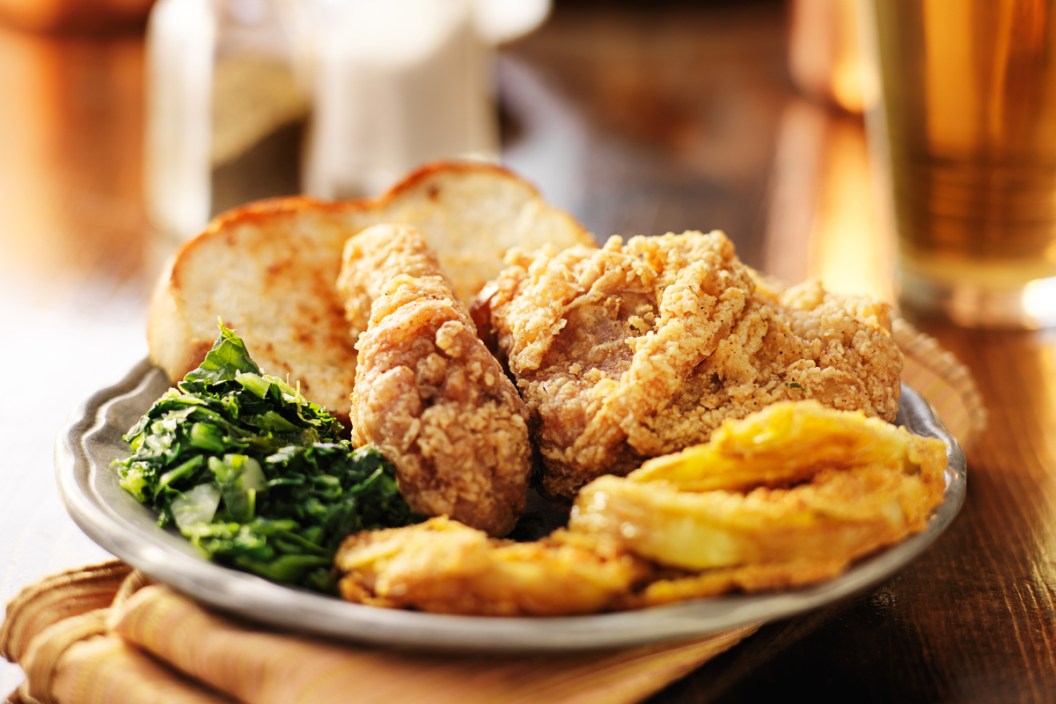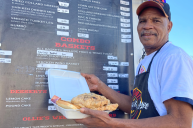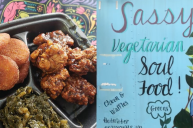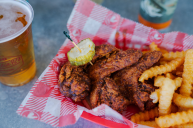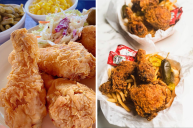Food has always been a way to bring people together, whether it's family around the Thanksgiving table or a regional dish that goes back generations. During the Civil Rights Movement, it was more important than ever to have a safe gathering place for communities. In Montgomery, Alabama, soul food restaurants provided the safe haven that protestors needed to organize the movement and relax after a hard day's work.
Soul food is a speciality in the South, especially in states like Alabama, Georgia and South Carolina. Some classic main dishes are fried chicken, pork chops and catfish, and these are often enjoyed with sides like corn bread, collard greens, mashed potatoes, fried okra, green beans and candied sweet potatoes. Wash this all down with some sweet tea, and you've had a taste of this Southern-style food group.
Montgomery, Alabama has some of the best soul food around, whether you're eating fried chicken wings or turnip greens. This delectable soul food was what kept protestors going throughout the long days and never-ending struggles of achieving equal rights.
Soul Food and the Civil Rights Movement
During the time of the Civil Rights Movement, African Americans weren't legally allowed into restaurants, which made it difficult to maintain community and organize for the movement. From Martha's Place to Chris' Hotdogs, soul food restaurants in Montgomery made it possible for protesters to meet, and provided a safe, welcoming place to have a good meal, no matter the color of your skin.
In a recent interview with Wanda Battle, the Founder & CEO of Legendary Tours, I learned about how these restaurants and figures contributed to the movement, making it possible to maintain community against all odds.
One way to do this was by making sure that people had the skills they needed to advocate for their rights. Lawmakers were attempting to keep African American people from having rights by implementing poll tests, which one had to pass before being allowed to vote. As Wanda explained, "Brenda's BBQ is a multi-generational BBQ restaurant that was especially known for teaching black people to read, particularly when registering to vote."
Jereline and Larry James Bethune, who started the Montgomery restaurant back in 1942, helped teach people how to read and write, ensuring that they would be able to make their voices heard through voting. The Bethunes also held secret meetings in the back of the restaurant for organizers, and helped to print fliers that stated the details of upcoming meetings.
Dr. King's Haunts
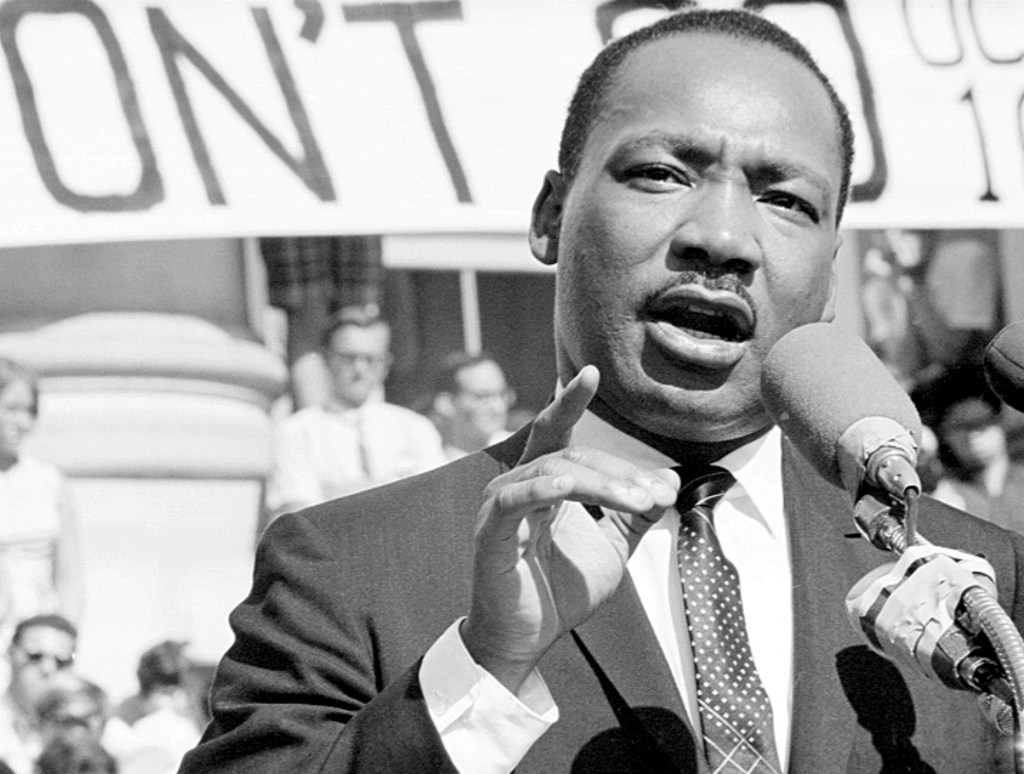
Getty Images/Michael Ochs Archives / Stringer
Georgia Gilmore was another iconic figure of the Civil Rights Movement who used her culinary skills to raise money for protestors. Gilmore was known for her Southern, soul food, and she would raise money she earned from her great food to provide transportation during the bus boycott. Because of her efforts, those who participated in the Montgomery bus boycott were able to go to work without using public transportation. Gilmore also used to cook for Dr. King himself, as Wanda says; "Georgia Gilmore used to cook for Dr. King, she'd cook his favorite food, which was soul food."
Wanda explained that Dr. King also frequented Chris's Hotdogs, which is beloved for their secret sauce. Although restaurants weren't technically allowed to let African Americans in, Chris' was one of the few restaurants to ignore segregation laws and feed all who came through the door. Chris' father allowed Dr. King to come by whenever he liked, which was typically after pastoring at the Dexter Avenue Baptist Church nearby. Dr. King loved his hotdogs, and would take a breather with a newspaper and cup of coffee.
Thanks to these soul food restaurants and their owners, the leaders and protesters of the Civil Rights Movement had places to turn for a welcoming meal. These restaurants created a haven for the African American community, supporting those involved in the movement, and providing fried chicken, greens and sweet tea to all.
These days, Wanda says that visitors of Montgomery want to visit restaurants in the black community for their down-home, Southern cooking and to learn a piece of their essential history in the Civil Rights Movement.
https://www.instagram.com/p/CWJdFTosbON/
As Wanda explains, "Food has always been a part of culture, food tells a great story about who the people are, because how you season food and how you cook it marks a certain representation of the culture. And so for African Americans, when people come to the south, a part of our southern hospitality and charm is our food and how we cook it, from collard greens to mac and cheese to peas and cornbread."
